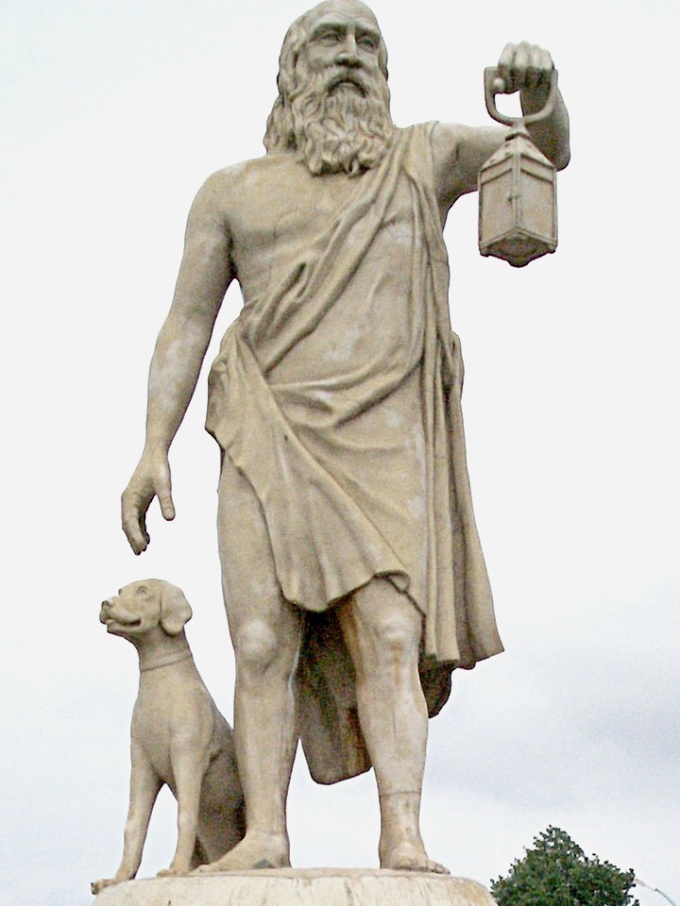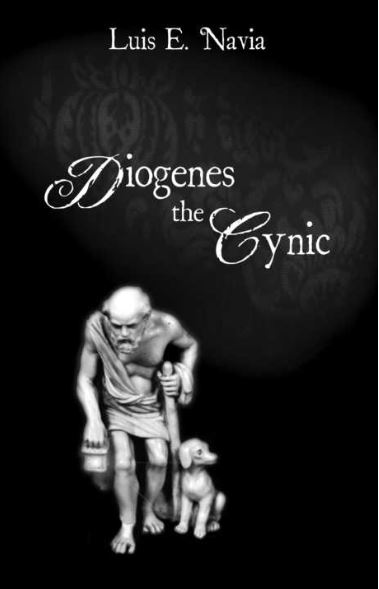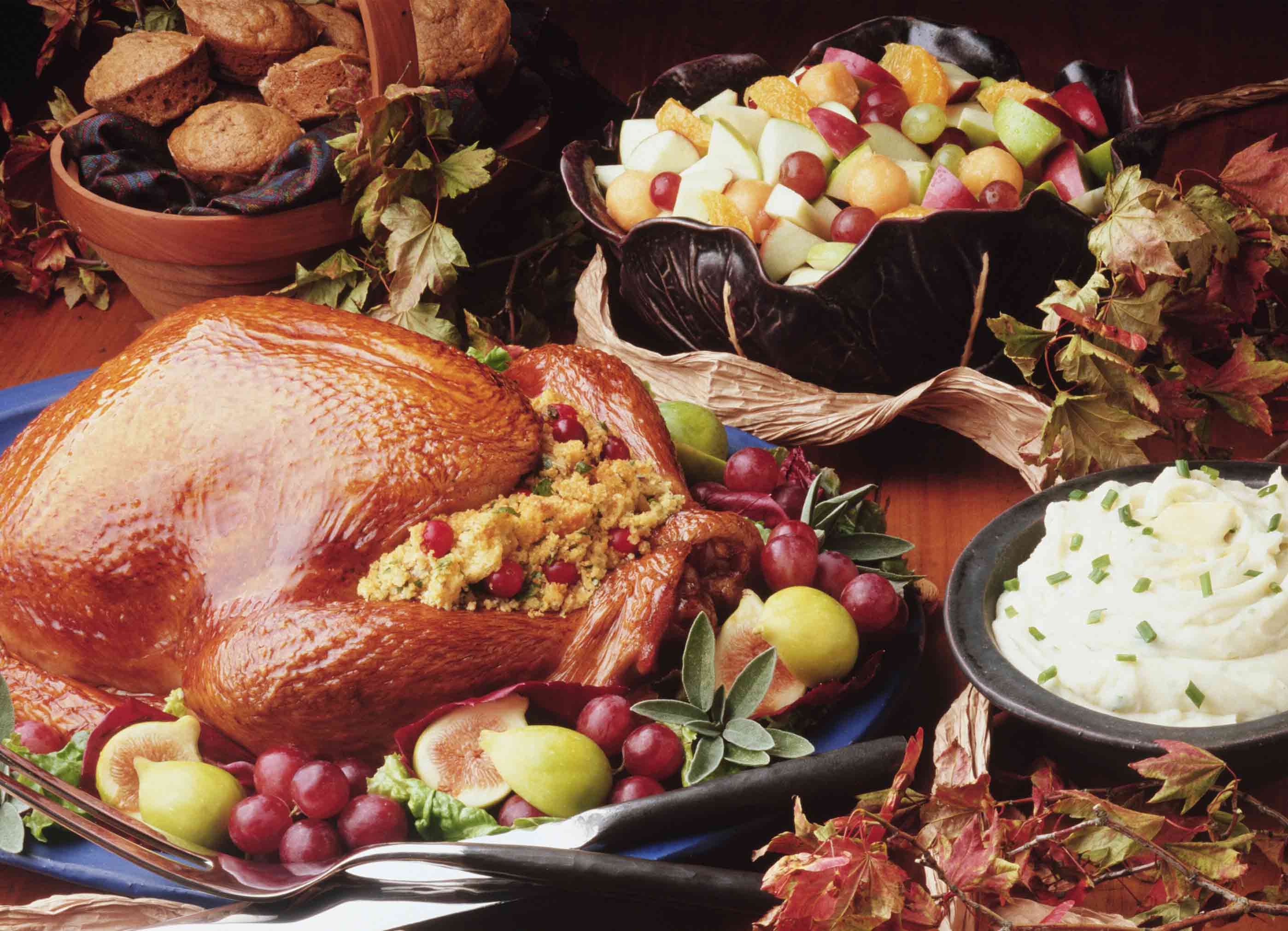The Nine is not for the faint of heart. It’s a daunting 20-mile route which summits nine of the Catskill High Peaks — and it’s longer if you get lost, for what’s especially challenging is that five of the peaks have no trails, which means it’s necessary to “bushwhack” or move through the forest using map, compass, and GPS. Even with this gear, navigation is no simple task, for the terrain is steep and rocky, and the forests thick and tangled, which renders “the eye of little service,” as Catskills author John Burroughs wryly noted.
I had completed the Nine, or parts thereof, on several occasions: once trying to run it for speed, once at night, once in the winter. In April 2016, as a novice barefoot hiker, I tried to complete the Nine without shoes, but after six of the peaks I’d had enough. A year later I tried again and this time gave up after a single peak, defeated by the rocky trails.
Over time, my practice of running and hiking continued to evolve in a minimalist direction. I developed an interest in “natural navigation” (moving through the forest without technology — meaning no map, no compass, no GPS). I began to incorporate intermittent fasting into my dietary and training plans. And I became somewhat more experienced at going barefoot. One day these themes coalesced in my mind, and I came up with a grand plan: to complete the Nine not only barefoot, but navigating naturally, and without carrying food or water. I would call this the Diogenes Challenge, after the ancient Greek philosopher who advocated for simplicity and self-discipline.
Upon reflection, however, the Diogenes Challenge seemed like a little too much, even for an arch-minimalist like me. I quietly let it slide and focused on other things.
Until one day my friend Kal Ghosh asked, when were we going to do it?
Continue reading “The Diogenes Challenge” →



